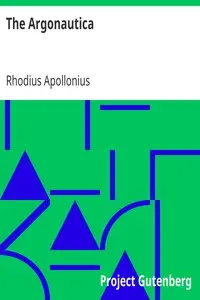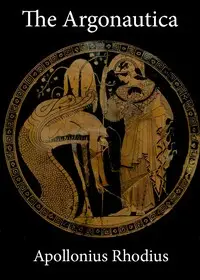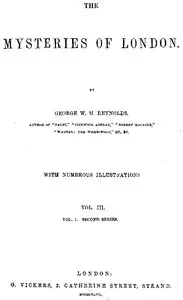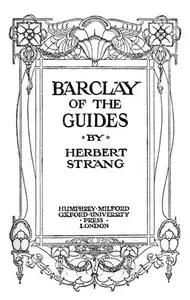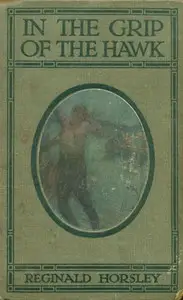"The Tale of the Argonauts" by Apollonius of Rhodes is an ancient epic poem that chronicles the legendary voyage of Jason and his cadre of heroes as they seek the Golden Fleece. Likely written in the Hellenistic period, the text delves into themes of adventure, heroism, and the influence of the gods on human fate. The central figure is Jason, who is compelled to undertake this perilous journey by King Pelias, setting the stage for grand adventures filled with gods, mythical creatures, and heroic trials. At the start of the narrative, the poet invokes the Muses and sets the scene with an oracle warning King Pelias of a doom that will come to him through a sandal-wearing hero. Jason, having lost one sandal during a crossing, is revealed as the fated hero. The first book introduces an array of legendary characters who join him on his quest for the Fleece, including the musician Orpheus and the formidable Herakles. As the heroes assemble, they prepare for their journey by launching the ship Argo amid a backdrop of both anticipation and foreboding, with the heavy emotions of parting from their homes and loved ones. The opening lays a rich foundation for the epic's exploration of camaraderie, agency, and the trials faced on the open seas. (This is an automatically generated summary.)
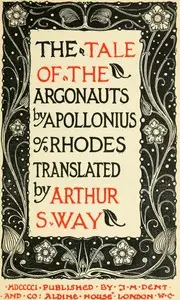
The Tale of the Argonauts
By Rhodius Apollonius
"The Tale of the Argonauts" by Apollonius of Rhodes is an ancient epic poem that chronicles the legendary voyage of Jason and his cadre of heroes as t...
Apollonius of Rhodes was an ancient Greek author, best known for the Argonautica, an epic poem about Jason and the Argonauts and their quest for the Golden Fleece. The poem is one of the few extant examples of the epic genre and it was both innovative and influential, providing Ptolemaic Egypt with a "cultural mnemonic" or national "archive of images", and offering the Latin poets Virgil and Gaius Valerius Flaccus a model for their own epics. His other poems, which survive only in small fragments, concerned the beginnings or foundations of cities, such as Alexandria and Cnidus places of interest to the Ptolemies, whom he served as a scholar and librarian at the Library of Alexandria. A literary dispute with Callimachus, another Alexandrian librarian/poet, is a topic much discussed by modern scholars since it is thought to give some insight into their poetry, although there is very little evidence that there ever was such a dispute between the two men. In fact almost nothing at all is known about Apollonius and even his connection with Rhodes is a matter for speculation. Once considered a mere imitator of Homer, and therefore a failure as a poet, his reputation has been enhanced by recent studies, with an emphasis on the special characteristics of Hellenistic poets as scholarly heirs of a long literary tradition writing at a unique time in history.

